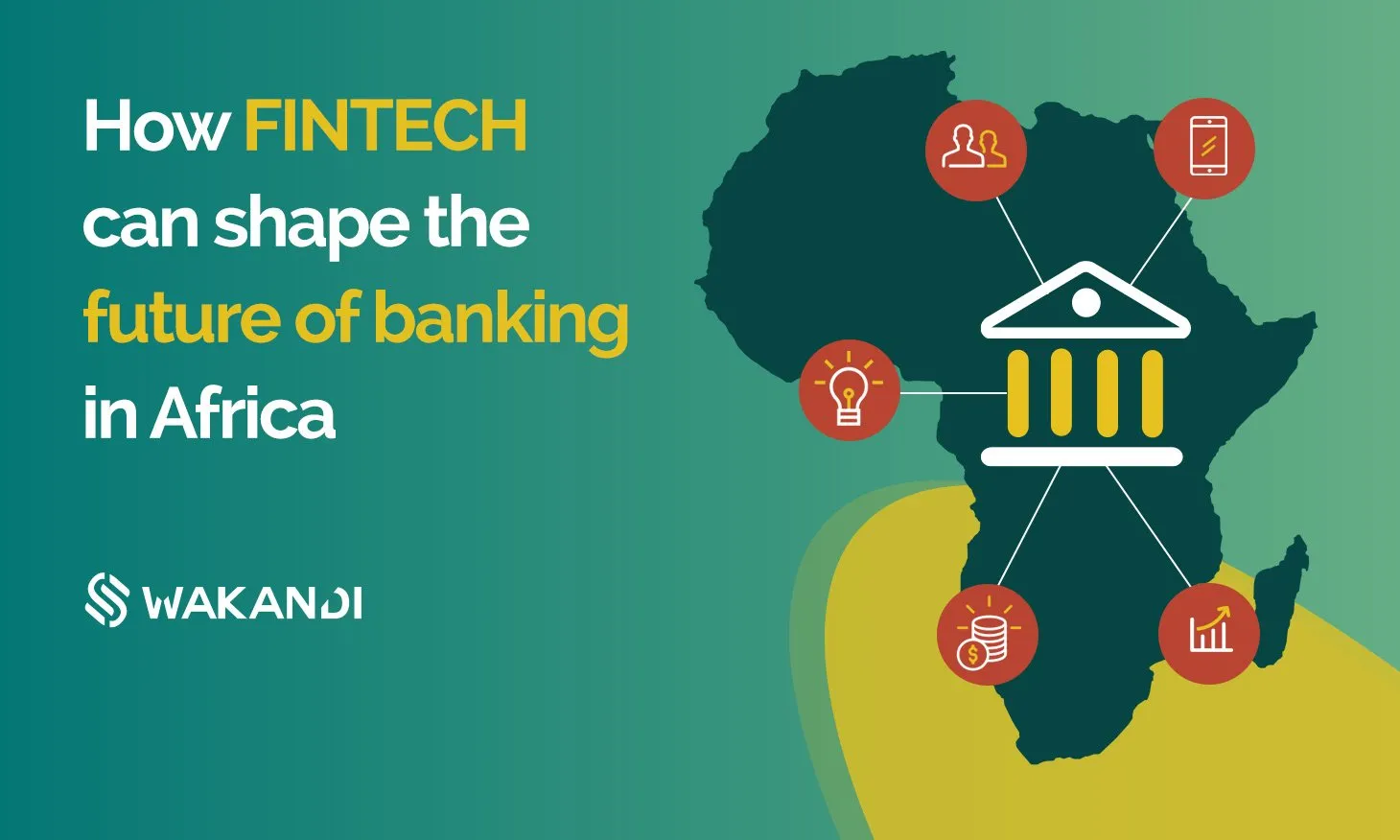How fintech can shape the future of banking in Africa

Africa has one of the most exciting financial sectors of the world. The uptake of mobile money has been quite staggering, and mobile network operators have dominated the market. Not only does Africa have the most mobile money accounts, but the number is also even higher than that of bank accounts.
Such a high uptake of mobile money has created a spur in the finance sector, as more and more startups are willing to enter the market to offer their services. Today, the finance sector provides a range of digital services such as insurance, credit, international remittance etc.
Fintechs have laid a strong foundation in the market, causing banks to work harder to survive. More than banks, they are transforming the payment market, modernizing banking, expanding financial services to unserved and underserved markets, and unlocking innovative business models for many businesses.
Here are four ways fintech can share the future of banking in Africa:
- Improve banking services
- Create new products and services
- Accelerate digital transformation
- Boost financial inclusion
Improve banking services
Banking services in Africa have always been slow, inefficient and unreachable for the users. They have to stand in queues for long hours just to pay their bills, transfer money, or make payments. Fintech can help banks improve their services with the help of mobile technologies and APIs. The bank customers will then be able to avail services using the latest technology and save on transaction time, efforts, and money.
New products and services
Fintech can help banks explore new products and services to offer to their customers. Using new and emerging technologies, banks can create more innovative and personalized services to help attract new customers and retain old ones. Banks will be in a position to offer combined services to not only individuals but also small and medium enterprises.
Accelerate digital transformation
Even with the vast presence of mobile money, most of the retail transactions in Africa are made in cash. Millions of Africans in Tanzania, South Africa, Ghana and other countries rely on informal financial groups (IFGs) to save, avail loans, and access insurance facilities. All these transactions still happen in cash. With fintech, banks can accelerate digital transformation and enable transactions through mobile quickly, safely, and efficiently. Digital transformation can go beyond payments and affect insurance, record management, regulations, investments and anything under the finance umbrella.
Boost financial inclusion
Millions of African still rely on informal channels to access financial services. Fintech can help banks reach those untapped and excluded markets in Africa. Banks will be able to create an all-inclusive economy where people can contact their bank through their mobile devices and get access to different services instantly.
Conclusion
Fintech has already started reshaping the financial industry with the introduction of digital money, platform-based services, and peer to peer lending. The future of banking in Africa will see the rise of new financial services, business models and revenue streams. For banks and financial institutions, it is important to understand the challenges of the market and evolve to solve them.

Comments